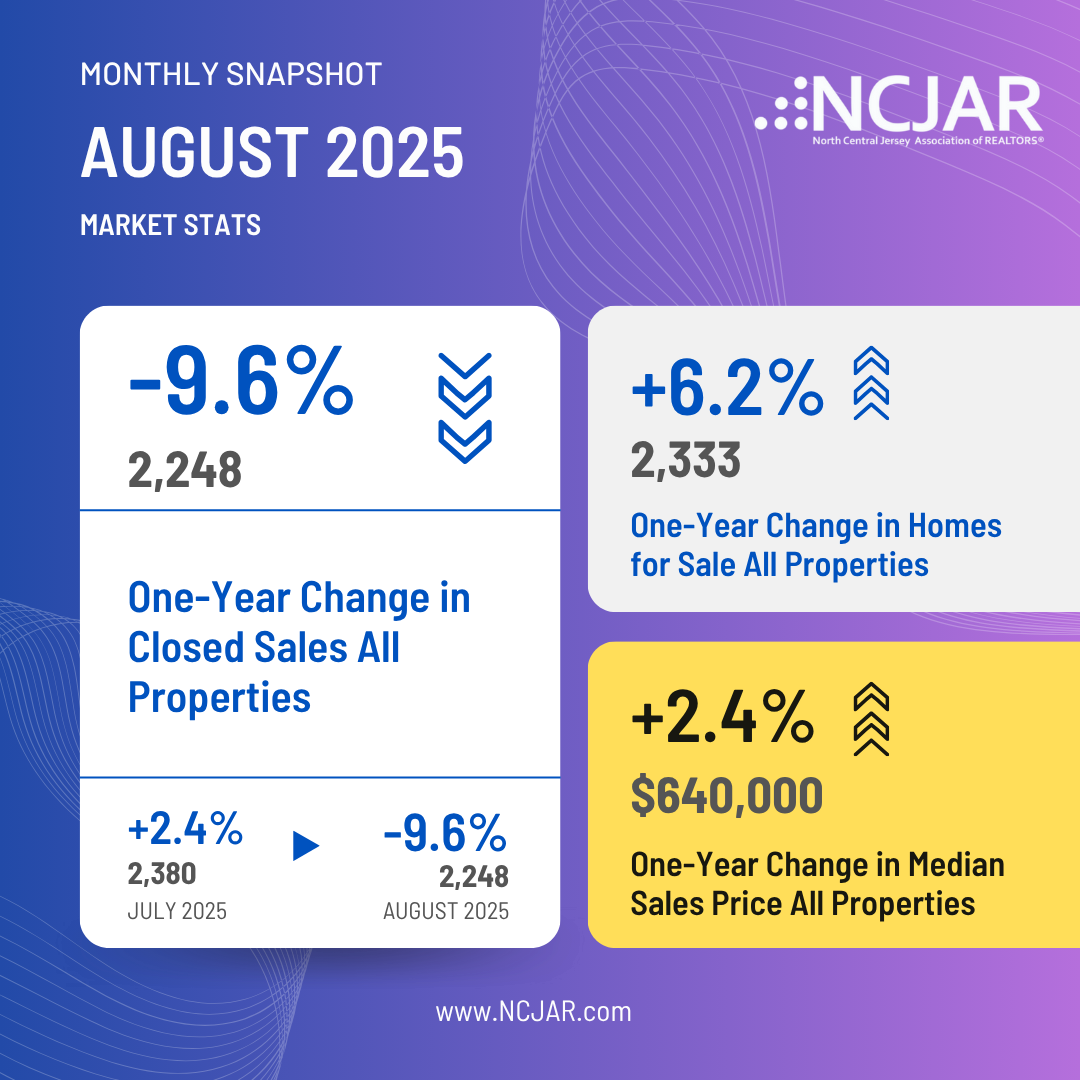NCJAR News
 Buying a home is one of the most exciting milestones for you and your family. It’s also a major investment—and unfortunately, that makes real estate transactions a prime target for scammers. In fact, according to the FBI’s Internet Crime Complaint Center (IC3), annual losses from wire fraud reached $446.1 million in 2022.
Buying a home is one of the most exciting milestones for you and your family. It’s also a major investment—and unfortunately, that makes real estate transactions a prime target for scammers. In fact, according to the FBI’s Internet Crime Complaint Center (IC3), annual losses from wire fraud reached $446.1 million in 2022.
The good news? You can protect yourself by staying informed and working with trusted professionals, including a REALTOR®, a member of the National Association of REALTORS®.
What Is Wire Fraud?
Wire fraud is a type of scam that uses electronic communications to trick victims into sending money to a cybercriminal’s bank account.
How Does Real Estate Wire Fraud Work?
Scammers target anyone involved in a home purchase—buyers, sellers, attorneys, title companies, and real estate agents. Here’s how it often happens:
- Cybercriminals hack into email accounts connected to a transaction.
- They monitor progress quietly, waiting for the closing stage when large sums of money are about to be transferred.
- At the critical moment, they send a fake email that looks legitimate—often complete with company logos and nearly identical email addresses.
- The email includes fraudulent wiring instructions that redirect money into the scammer’s account.
Because these emails are so sophisticated, even careful buyers can be tricked.
 Stay organized and make a lasting impression with NCJAR Magnetic Calendars—the perfect tool for your office, home, and clients.
Stay organized and make a lasting impression with NCJAR Magnetic Calendars—the perfect tool for your office, home, and clients.
Special Pre-Order Offer: Only $48 each on orders of 11+ boxes
Pre-Order Deadline: October 31st
Available to NCJAR Members Only
Why Choose NCJAR Magnetic Calendars?
-
Stay Organized – Track important dates, events, and appointments at a glance.
-
Stunning Design – Featuring eye-catching visuals and the official NCJAR logo.
-
Year-Round Visibility – Keep your brand front and center in clients’ homes and offices.
-
Perfect Client Gifts – A thoughtful, practical giveaway they’ll use every day.
 U.S. existing-home sales rose 2.0% month-over-month and 0.8% year-over-year to a seasonally adjusted annual rate of 4.01 million units, according to the National Association of REALTORS® (NAR). Economists polled by Reuters had forecast a rate of 3.92 million units. Regionally, sales increased on a monthly basis in the West, South, and Northeast, but declined in the Midwest.
U.S. existing-home sales rose 2.0% month-over-month and 0.8% year-over-year to a seasonally adjusted annual rate of 4.01 million units, according to the National Association of REALTORS® (NAR). Economists polled by Reuters had forecast a rate of 3.92 million units. Regionally, sales increased on a monthly basis in the West, South, and Northeast, but declined in the Midwest.
- Single Family Closed Sales were down 10.6 percent to 1,770.
- Townhouse-Condo Closed Sales were down 5.7 percent to 429.
- Adult Communities Closed Sales were down 7.5 percent to 49.
 Greater Middlesex & Morris Habitat for Humanity is offering two brand-new, affordable homeownership opportunities in Rockaway, Morris County. These single-family homes are designed to help families build stability and equity through ownership at a price point well below market value.
Greater Middlesex & Morris Habitat for Humanity is offering two brand-new, affordable homeownership opportunities in Rockaway, Morris County. These single-family homes are designed to help families build stability and equity through ownership at a price point well below market value.
The Homes
-
3-Bedroom, 2-Bathroom single-family home (ideal for households of 3–6 people)
-
4-Bedroom, 2-Bathroom single-family home (ideal for households of 4–8 people)
Home Sale Prices:
-
$195,000 (Low)
-
$225,000 (Moderate)
Who Qualifies?
To apply, families must meet the following requirements: